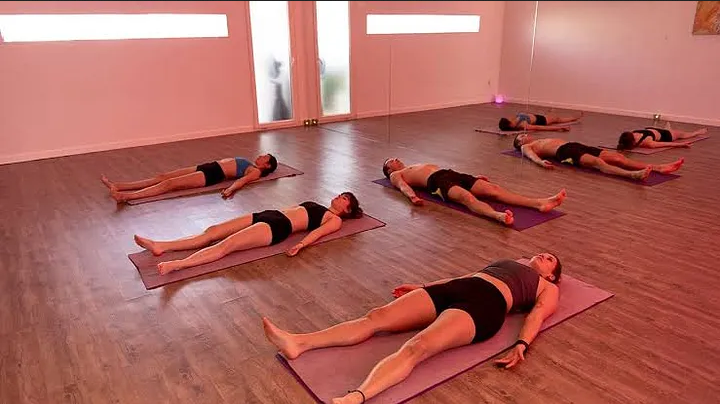
New research from Massachusetts General Hospital at Harvard Medical School published in the Journal of Clinical Psychiatry shows that hot yoga can reduce symptoms of depression by 50% or more. Weekly hot yoga for eight weeks helped people reduce symptoms of depression, allowing 44% of people in the study to be considered in remission from depression. The randomized clinical trial included 80 participants with moderate to severe depression. The researchers divided the participants into two groups. One group was required to have at least two 90-minute hot yoga sessions per week. The remaining group was placed on a waiting list. On average, yoga participants completed 10 yoga classes in 8 weeks. About two-thirds of the yoga group reported a significant decrease in their depression, compared with 6.3% of the waitlist group. What could make hot yoga such a powerful antidepressant? Hot yoga combines three potentially therapeutic elements: 1) mind-body connection, 2) exercise and physical movement, and 3) heat.
1. Enhancing a mind-body connection through a regular mind-body practice can improve mood.
Many styles of yoga, including gentle, non-heated Hatha yoga, have evidence of antidepressant effects. Yoga, a form of moving meditation, is one of many types of mind-body practices that allow people to become more aware of and inhabit their bodies, strengthening their sense of embodiment. Other mind-body practices include breathing, tai chi, meditation, and daily mindfulness. The mind-body connection is like a muscle: the more often you exercise it, the stronger it becomes.
2. Physical exercise and movement have a powerful antidepressant effect.
Exercise has been shown to be an effective treatment for depression in several randomized clinical trials. Exercise can reduce major symptoms of depression, including depressed mood and loss of ability to enjoy things. Exercise also promotes better sleep and improves appetite.
3. Heat therapies have promising healing power for mental health.
Hot yoga refers to styles of yoga typically practiced in a heated studio with temperatures ranging from 95 to 105 degrees Fahrenheit. A 2015 study by the American Council on Exercise found that Bikram yoga can increase heat. body temperature up to 103 degrees. The potential healing power of heat therapy for mental health is a concept worth continuing to study. Heat therapies have growing evidence that they should be considered as part of a complementary approach to treating depression. Regular hot sauna baths are associated with a reduced risk of depression and, interestingly, a reduced risk of dementia and Alzheimer’s disease. Passive heat therapies, such as Waon therapy, infrared saunas, and whole-body hyperthermia, have been shown to reduce stress and improve symptoms of depression and anxiety.